Insulin Resistance Is The Key, Not The LDL.
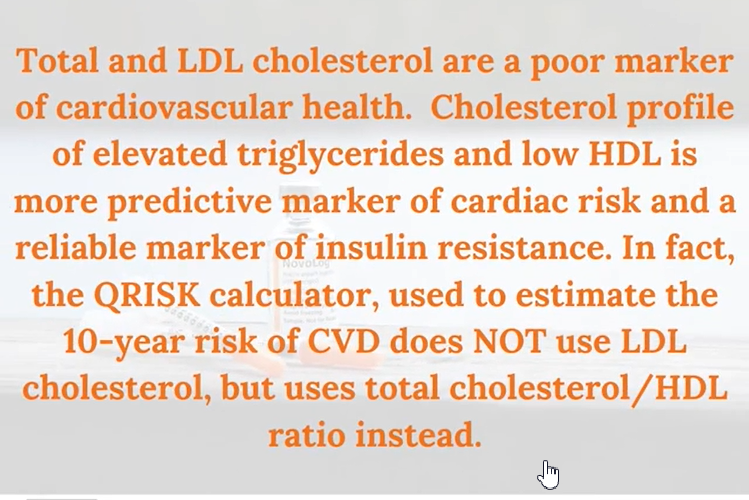
Total and LDL cholesterol are a poor marker of cardiovascular health. The cholesterol profile of elevated triglycerides and low HDL is a more predictive marker of cardiac risk and a reliable marker of insulin resistance. In fact, the QRISK calculator, used to estimate the 10-year risk of CVD does NOT use LDL cholesterol but uses […]
It’s Not Magic, Fat Is Satiating
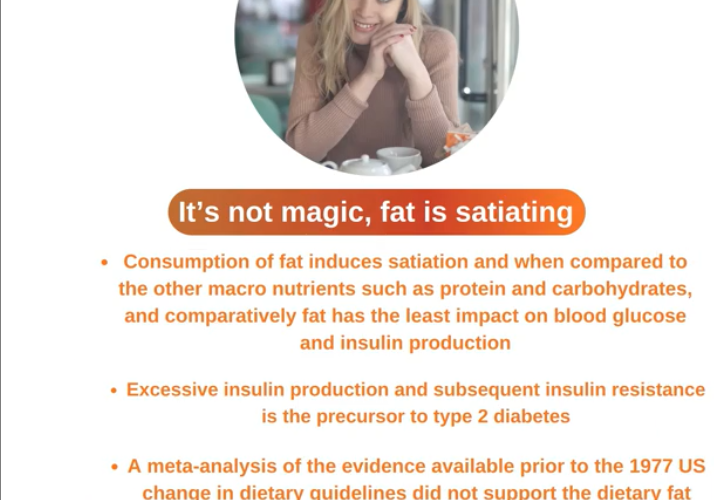
Consumption of fat induces satiation and when compared to the other macronutrients such as protein and carbohydrates, and comparatively fat has the least impact on blood glucose and insulin production. Excessive insulin production and subsequent insulin resistance is the precursor to type 2 diabetes. A meta-analysis of the evidence available prior to the 1977 US […]
Why Is Sugar Bad For Your Health?
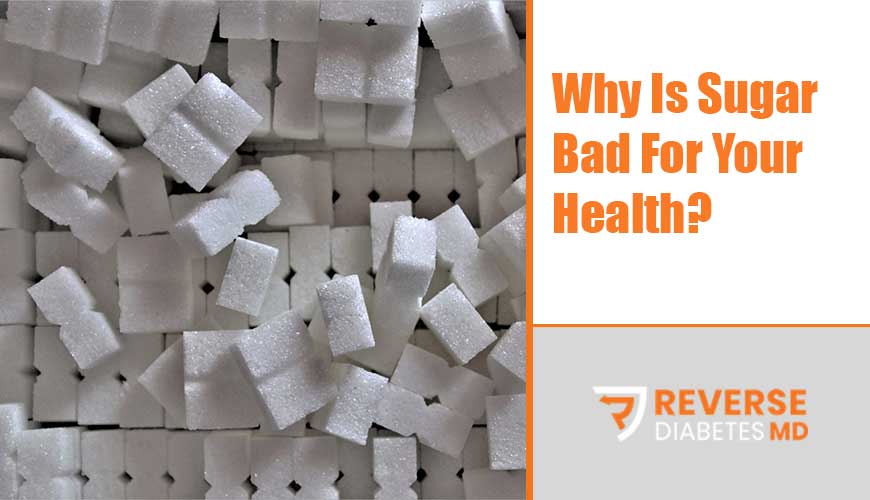
Chances are you already know that eating too much sugar isn’t good for you. Yet you’re probably still overdoing it. Sugary drinks, candy, baked goods, and sweetened dairy are the main sources of added sugar. Added sugars can be hard to spot on nutrition labels since they can be listed under a number of names, […]
What Exactly Is Insulin Resistance?
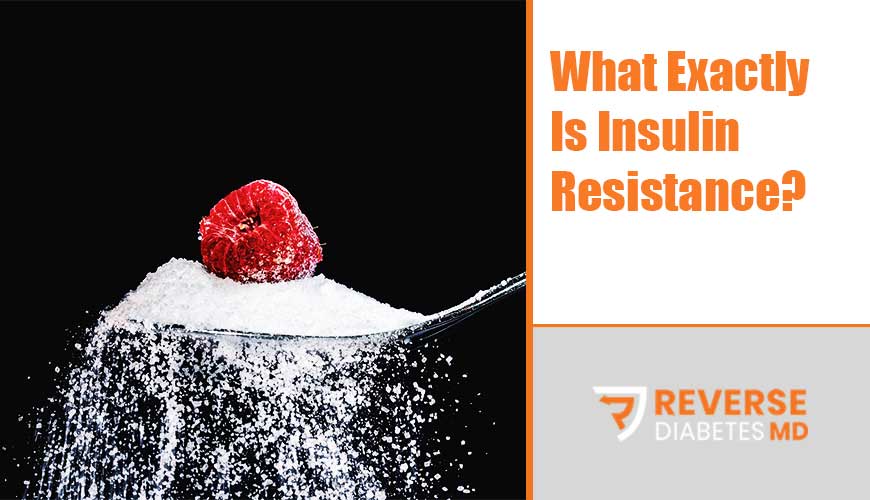
Insulin is a vital hormone that controls the levels of sugar in our bodies. In a nutshell, it removes excess glucose from the blood through a process known as glycogenesis. However, problems with insulin are at the heart of many medical conditions. Insulin resistance occurs when your cells stop responding to insulin. This means that […]
Refined Grains, Insulin Resistance and Type 2 Diabetes

Flour is hard to avoid during meal times. Breakfast options mainly consist of toast, bagels, cereal, and pancakes. A convenient lunch is sandwiches, wraps, pasta or pizza. Dinner might come with its own temptations too. As a result, the average American now eats 10 servings of refined grains each day. What effect do these refined […]
Metabolic Inflammation As A Cause Of Insulin Resistance

In previous articles, I have discussed the role of metabolic Inflammation in obesity and diabetes. Today, we will narrow down to the specifics of what insulin resistance is, its effects and how metabolic inflammation increases the chances of one developing it. What is Insulin resistance? Approximately 30% of Americans, and up to 50% in the […]
Metabolic Inflammation: What Is It?
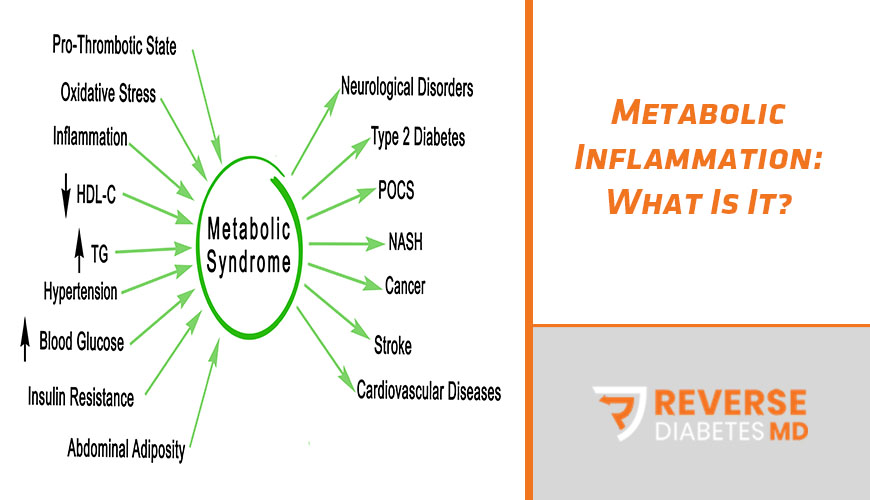
The modern diet contains a large number of simple sugars. From bread to donuts, to carbonated drinks to chocolate, cookies, and candy, everywhere you look, temptation abounds. The potential impact on the health of diets rich in free sugars, and particularly fructose, is of major concern. Does the sugar we take have an impact on […]
How Much Sugar Can My Body Handle?

We have extremely limited glucose storage as glycogen, or as circulating glucose. Glycogen: Glycogen is a large branched polymer of glucose, stored mainly in the liver and the skeletal muscle. Stored glycogen can be mobilized to circulating glucose during fasting periods and to the muscle cells during muscle contraction, a process called glycogenolysis. The total […]
The Conventional Wisdom: Energy Balance???????
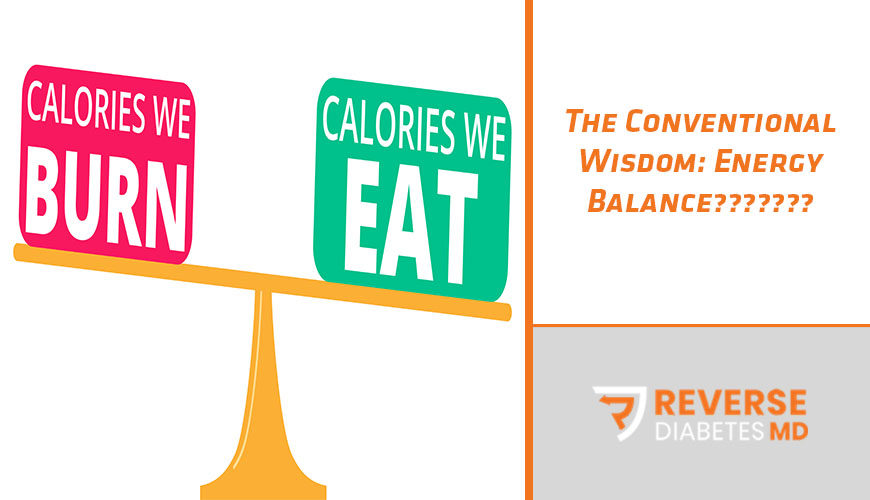
“…from a thermodynamic perspective, it is clear that obesity is generally the consequence of small cumulative imbalances of energy intake and expenditure.” 2017, Obesity Pathogenesis: An Endocrine Society Scientific Statement calories in > calories out We overeat Too much food, too little physical activity Overeating (Energy in > Energy out) Obesity and the obesity epidemic 1880s: Max […]
Beta Cells; What You Should Know About Them

The pancreas is an exocrine gland that produces two key hormones involved in the regulation of blood sugar: Insulin and Glucagon. Beta cells are distinctive cells within the pancreas that are responsible for the production of insulin. Why should you know about beta cells? Beta cells are linked to diabetes which is a disease of insulin resistance. […]
